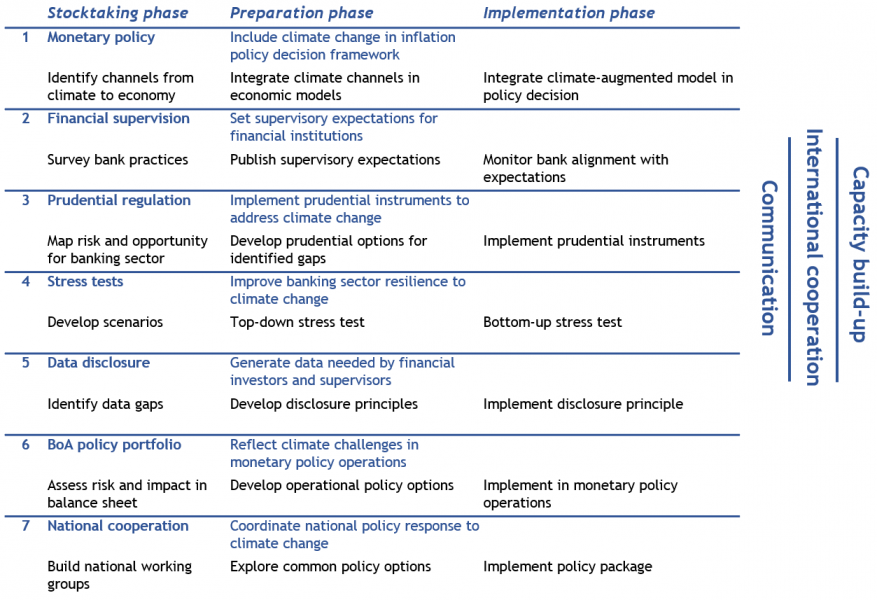Pierre Monnin is a Senior Fellow at the Council on Economic Policies (CEP) and a Visiting Professor in Practice at the Grantham Research Institute on Climate Change and the Environment in the London School of Economics and Political Science. His work focuses on monetary policy, financial regulation, and their links with environmental and social sustainability. Prior to that, he was with the Swiss National Bank (SNB) in various roles for ten years – with a focus on financial stability and macroprudential policy as well as on financial markets developments. He also worked at Man Investments, developing asset allocation strategies for alternative investments, and was a Lecturer in international money and finance at the University of Neuchatel. He holds a PhD in Economics from the University of Zurich, a MSc in Economics from Queen Mary, University of London, as well as a MSc in Statistics and a BA in Economics from the University of Neuchatel.


